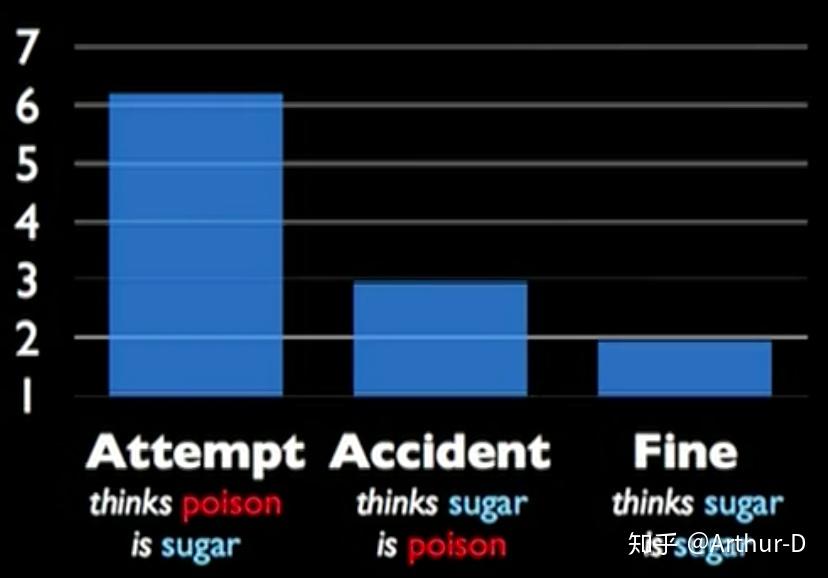Understanding the Differences: Are Small Business Loans Secured or Unsecured?
#### IntroductionWhen considering financing options for your small business, one of the most important questions to ask is: **Are small business loans secur……
#### Introduction
When considering financing options for your small business, one of the most important questions to ask is: **Are small business loans secured or unsecured?** This inquiry can significantly impact your business's financial health and growth potential. In this article, we will delve into the nuances of secured and unsecured loans, helping you make an informed decision for your business financing needs.
#### What Are Small Business Loans?
Small business loans are financial products designed to assist entrepreneurs in funding their business operations, expansion, or other financial needs. These loans can come from various sources, including banks, credit unions, and online lenders.
#### Secured Loans
Secured loans require the borrower to provide collateral, which is an asset that the lender can claim if the borrower defaults on the loan. Common forms of collateral include real estate, equipment, or inventory.
One of the primary advantages of secured loans is that they typically offer lower interest rates compared to unsecured loans. Since the lender has a safety net in the form of collateral, they are more willing to lend larger amounts of money. However, the downside is that if you fail to repay the loan, you risk losing the asset you used as collateral.

#### Unsecured Loans
On the other hand, unsecured loans do not require collateral. Instead, lenders assess the borrower's creditworthiness, business history, and financial stability. Because there is no collateral involved, unsecured loans often come with higher interest rates and lower loan amounts.
Unsecured loans can be a great option for businesses that may not have valuable assets to pledge or for those who prefer not to risk their assets. However, the stringent approval process can be a hurdle for some borrowers, especially those with less-than-perfect credit scores.
#### Key Differences Between Secured and Unsecured Loans
Understanding the key differences between secured and unsecured loans can help you determine which option is best for your business:

1. **Collateral Requirement**: Secured loans require collateral, while unsecured loans do not.
2. **Interest Rates**: Secured loans generally have lower interest rates due to the reduced risk for lenders. Unsecured loans typically come with higher rates.
3. **Loan Amounts**: Secured loans can offer larger amounts, whereas unsecured loans may have lower limits.
4. **Approval Process**: Secured loans may have a more straightforward approval process if collateral is sufficient, while unsecured loans often require a thorough credit assessment.
5. **Risk**: Secured loans pose a risk of losing collateral, while unsecured loans may lead to higher financial strain if repayment becomes difficult.

#### Conclusion
In conclusion, when asking **are small business loans secured or unsecured**, it's essential to weigh the pros and cons of each option. Secured loans may be ideal for businesses that have valuable assets and seek lower interest rates, while unsecured loans could be more suitable for those looking to avoid risking their assets.
Ultimately, the choice between secured and unsecured loans depends on your business's specific financial situation, needs, and risk tolerance. By understanding these differences, you can make a more informed decision that aligns with your business goals. Always consider consulting with a financial advisor to explore the best financing options available for your unique circumstances.